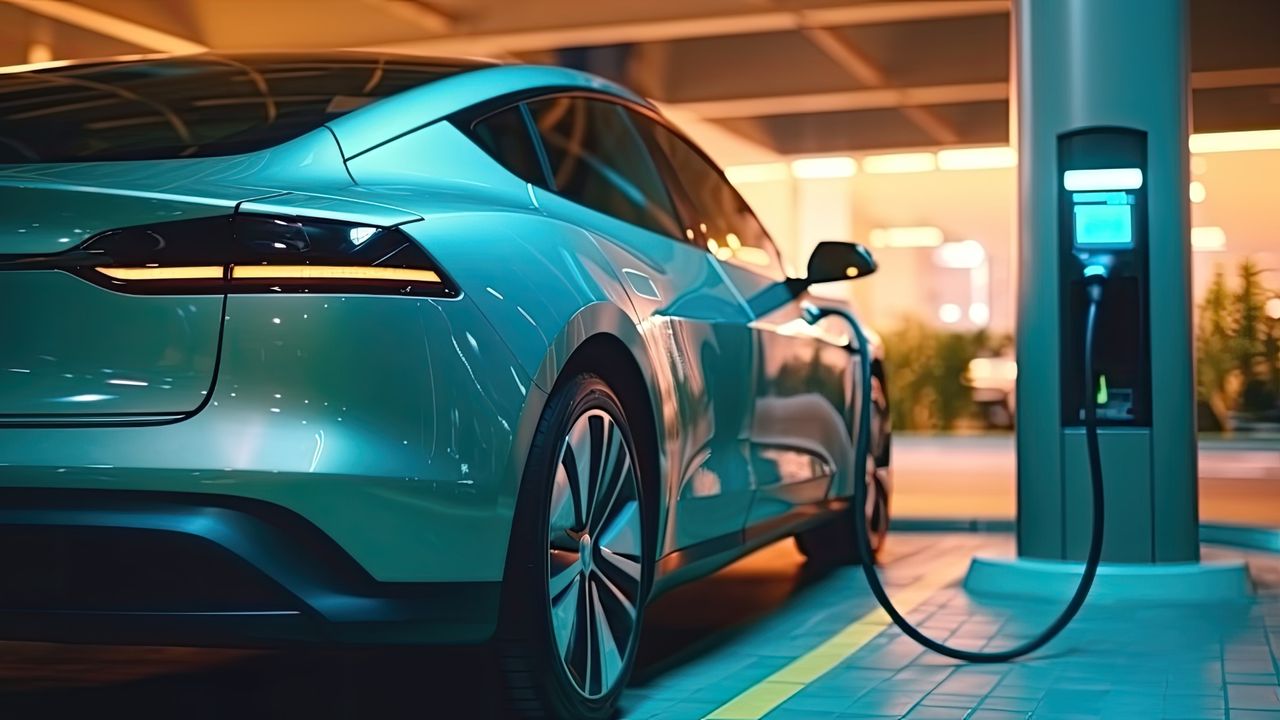Electric Motors and Their Benefits: Exploring Induction Motors and Recent Advancements
Electric motors have revolutionized various industries, powering everything from small household appliances to large industrial machinery. Among the different types of electric motors, induction motors are widely used due to their efficiency and reliability. In recent years, electric motor advancements have further enhanced their power output and overall performance, making them even more beneficial for a range of applications.
Induction Motors: A Foundation for Efficiency
Induction motors are a type of alternating current (AC) motor that operate based on electromagnetic induction. They consist of a stationary stator and a rotating rotor, with the stator winding creating a rotating magnetic field when connected to an AC power source.
One of the key benefits of induction motors is their high efficiency. Unlike other motor types, such as brushed DC motors, induction motors do not require physical contact between the stator and rotor, resulting in less friction and reduced energy loss. This efficiency translates into cost savings and reduced environmental impact, making induction motors a popular choice across industries.
Advancements in Electric Motor Technology
Over the years, significant advancements have been made in electric motor technology, leading to improvements in power output, energy efficiency, and overall performance. These advancements have expanded the range of applications where electric motors can be utilized.
1. High-Efficiency Designs
Modern electric motors are designed with a focus on maximizing efficiency. By using advanced materials and optimizing the motor’s internal components, manufacturers have been able to reduce energy losses and improve power output. These high-efficiency designs not only result in cost savings but also contribute to a greener and more sustainable future.
2. Variable Frequency Drives
Variable frequency drives (VFDs) have become increasingly popular with the advancement of electric motor technology. These drives allow for precise control of the motor’s speed and torque, leading to improved energy efficiency and performance. By adjusting the frequency and voltage supplied to the motor, VFDs enable optimal operation under varying load conditions.
3. Integration of Smart Technology
Electric motor advancements have also seen the integration of smart technology, enabling motor monitoring and control through connected systems. By leveraging the Internet of Things (IoT) and cloud computing, motor performance can be continuously monitored, allowing for predictive maintenance and optimized operation. This integration of smart technology enhances reliability, reduces downtime, and extends the lifespan of electric motors.
Power Output: A Key Consideration
When evaluating electric motors, power output is a crucial factor to consider. The power output of a motor determines its ability to perform work and drive the desired application. Advancements in electric motor technology have led to significant improvements in power output, allowing for more demanding tasks to be accomplished.
Electric motor power output is typically measured in horsepower (HP) or kilowatts (kW). Higher power output enables motors to handle heavier loads, operate at higher speeds, and provide greater torque. This is particularly important in industrial settings where large machinery and equipment require powerful electric motors to perform efficiently.
Furthermore, advancements in electric motor technology have made it possible to achieve higher power output without compromising on energy efficiency. This means that industries can benefit from increased productivity without significantly increasing their energy consumption.
The Future of Electric Motors
As technology continues to advance, electric motors are expected to play an increasingly important role in various sectors. The ongoing focus on energy efficiency and sustainability will drive further innovations in electric motor design and performance.
Induction motors, with their proven reliability and efficiency, will continue to be widely used. However, advancements in electric motor technology will bring forth new motor types and designs, further expanding the range of applications and benefits.
In conclusion, electric motors, particularly induction motors, offer numerous benefits, including high efficiency and reliability. Recent advancements in electric motor technology have further enhanced power output and overall performance, making them more versatile and suitable for various industries. As these advancements continue, electric motors will continue to evolve, driving progress and sustainability in the modern world.
